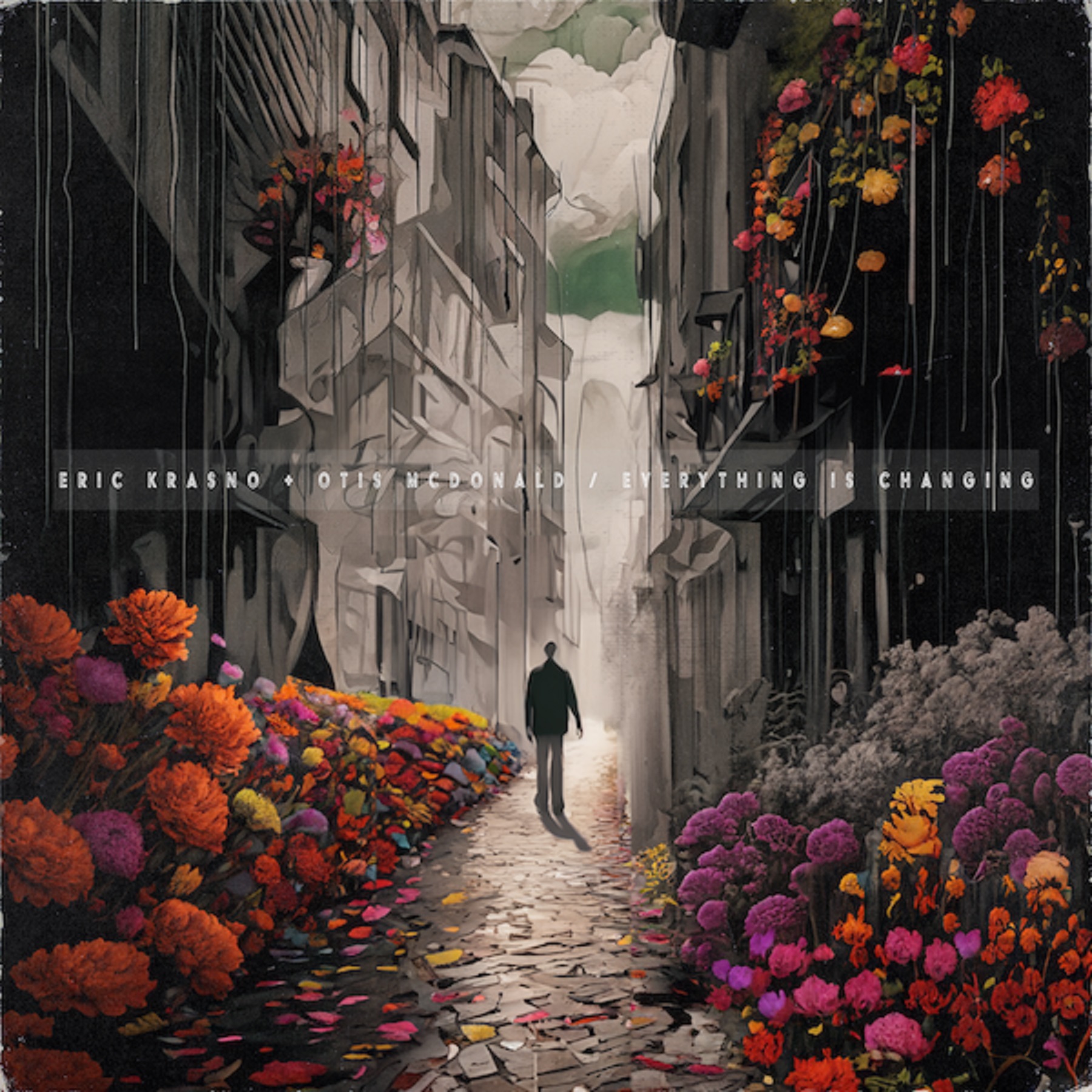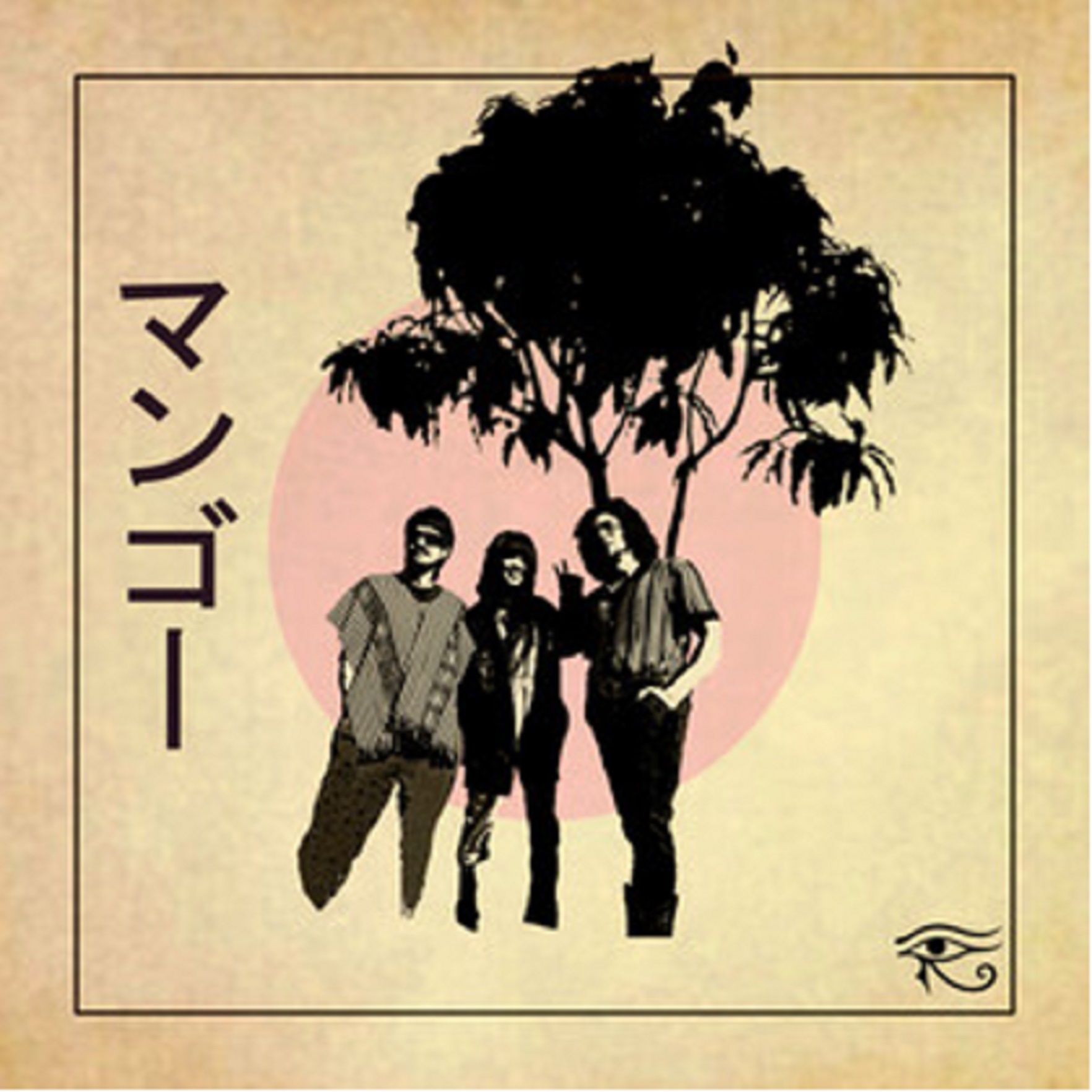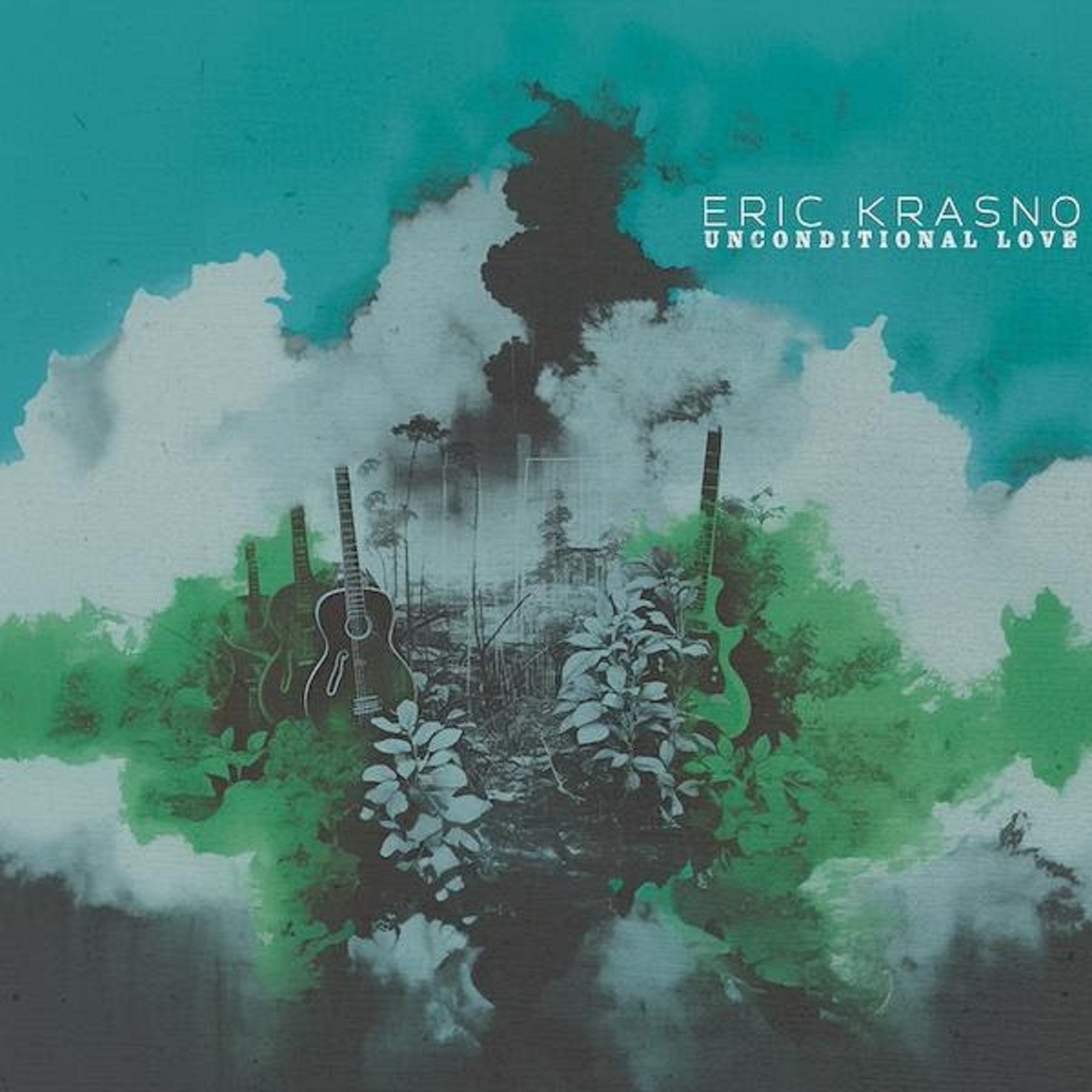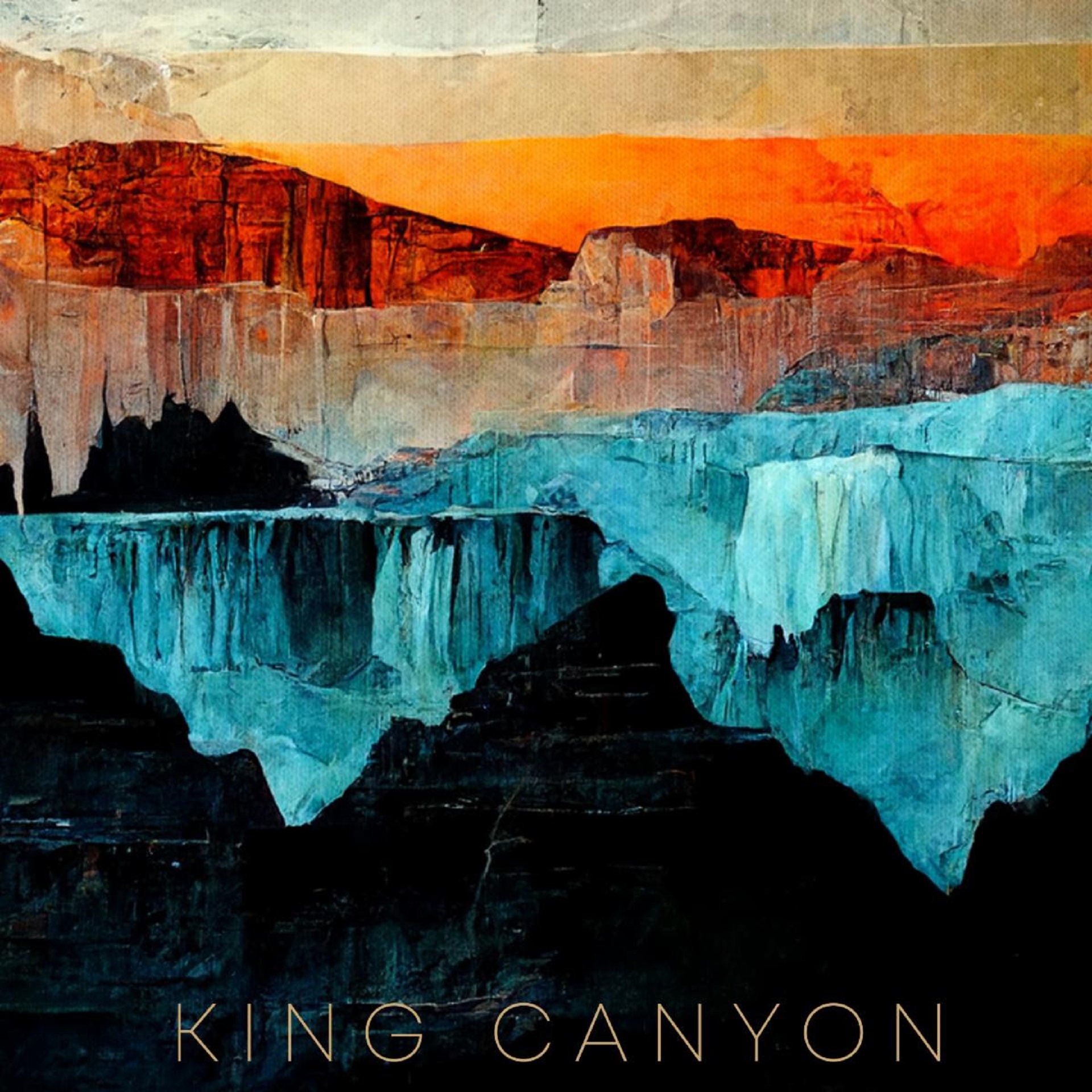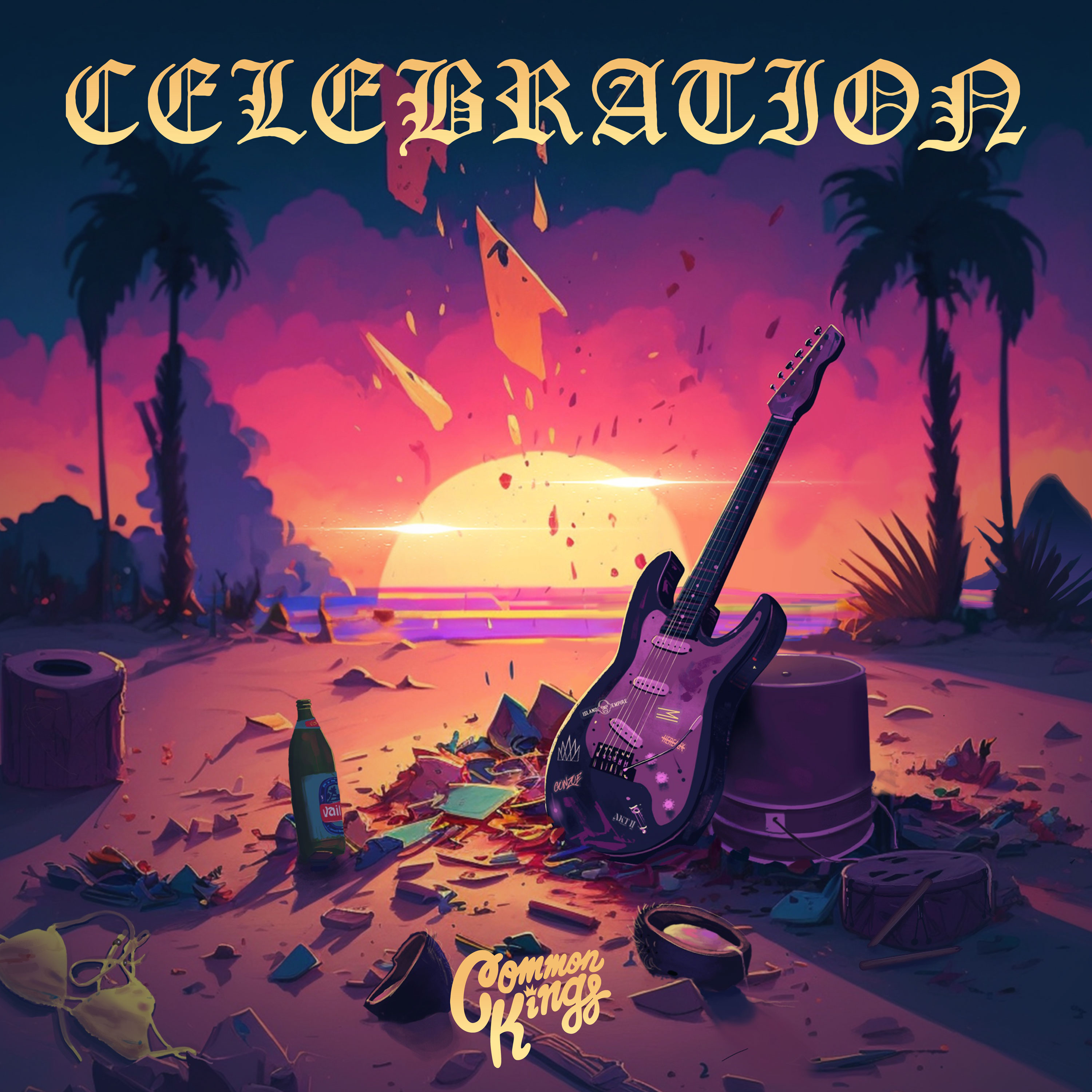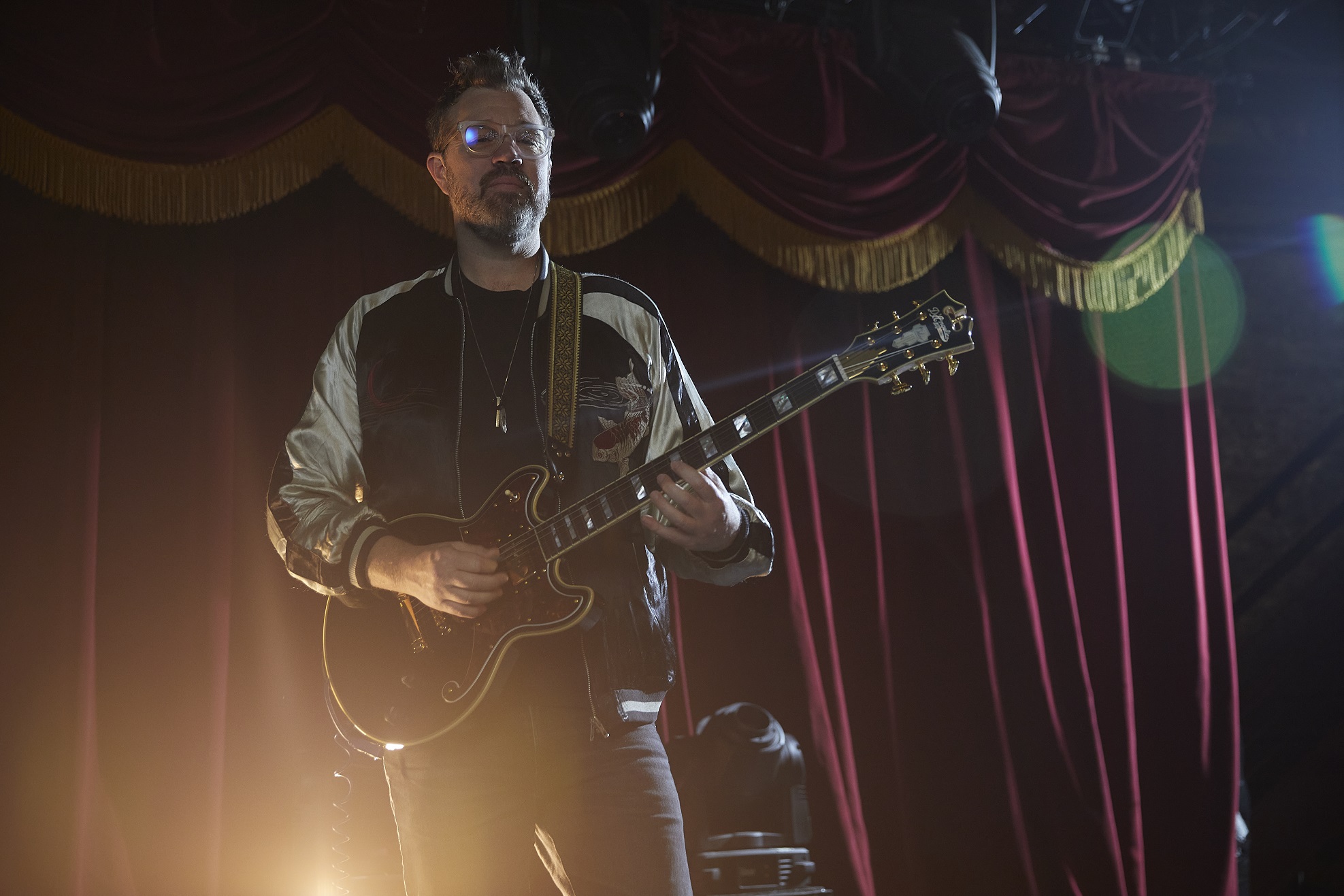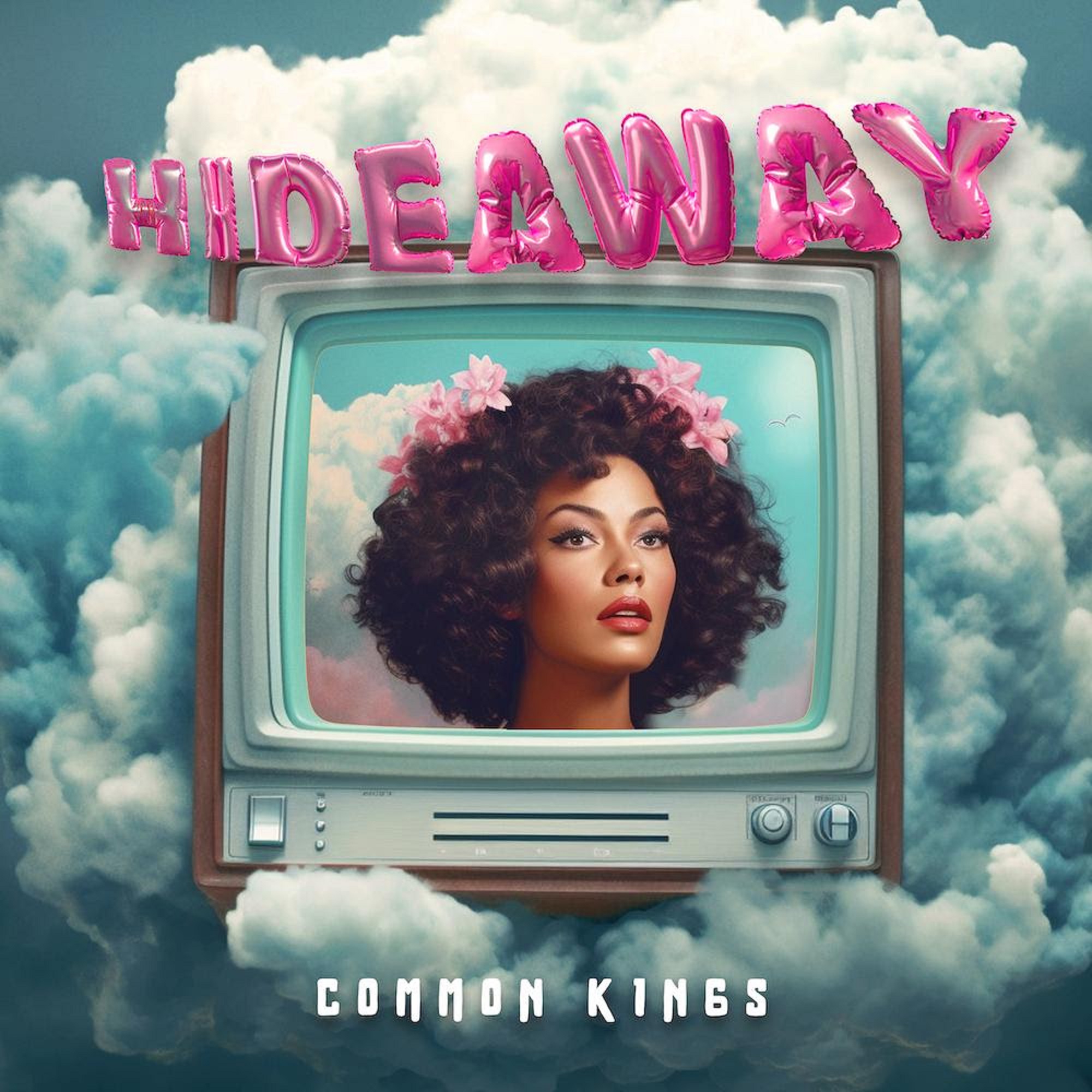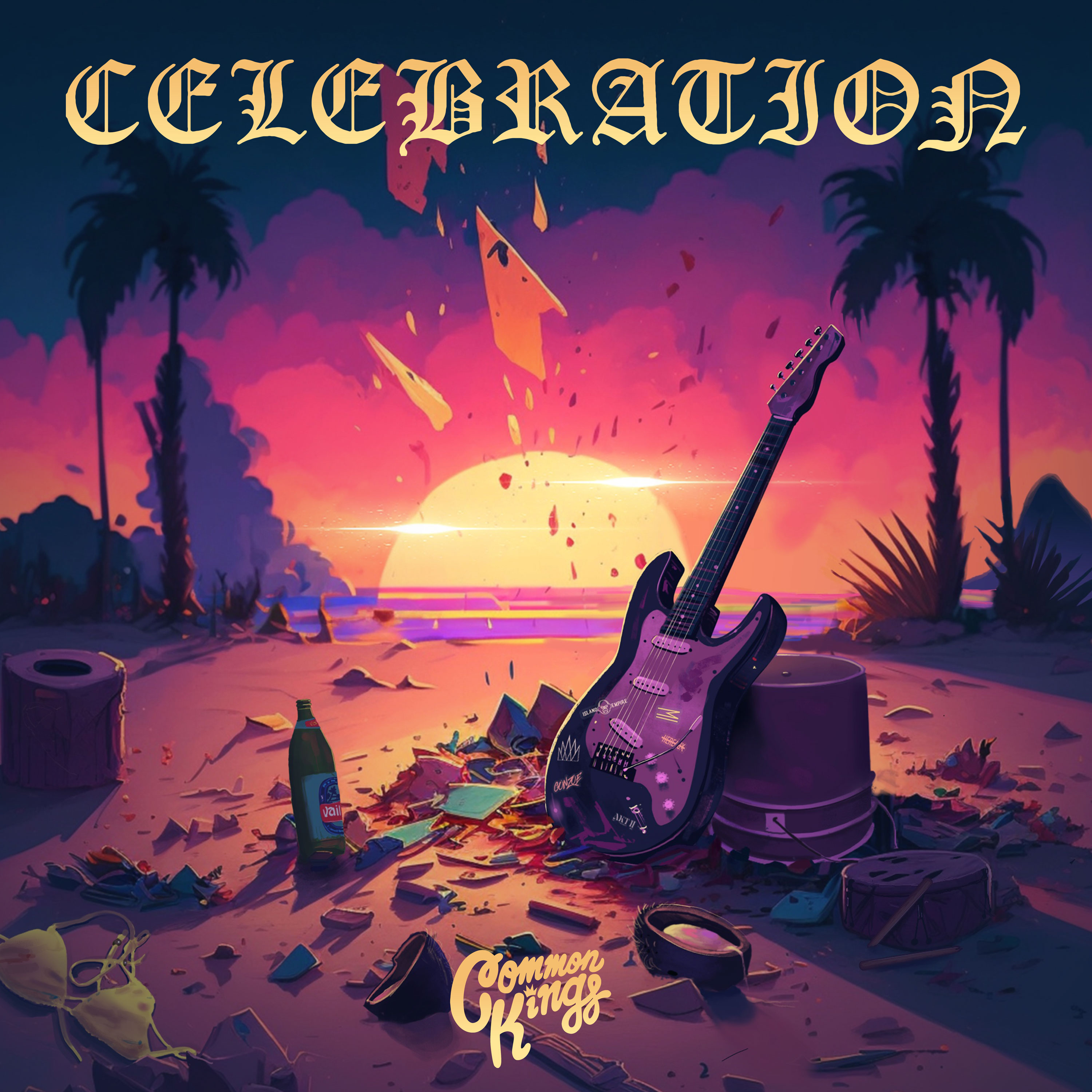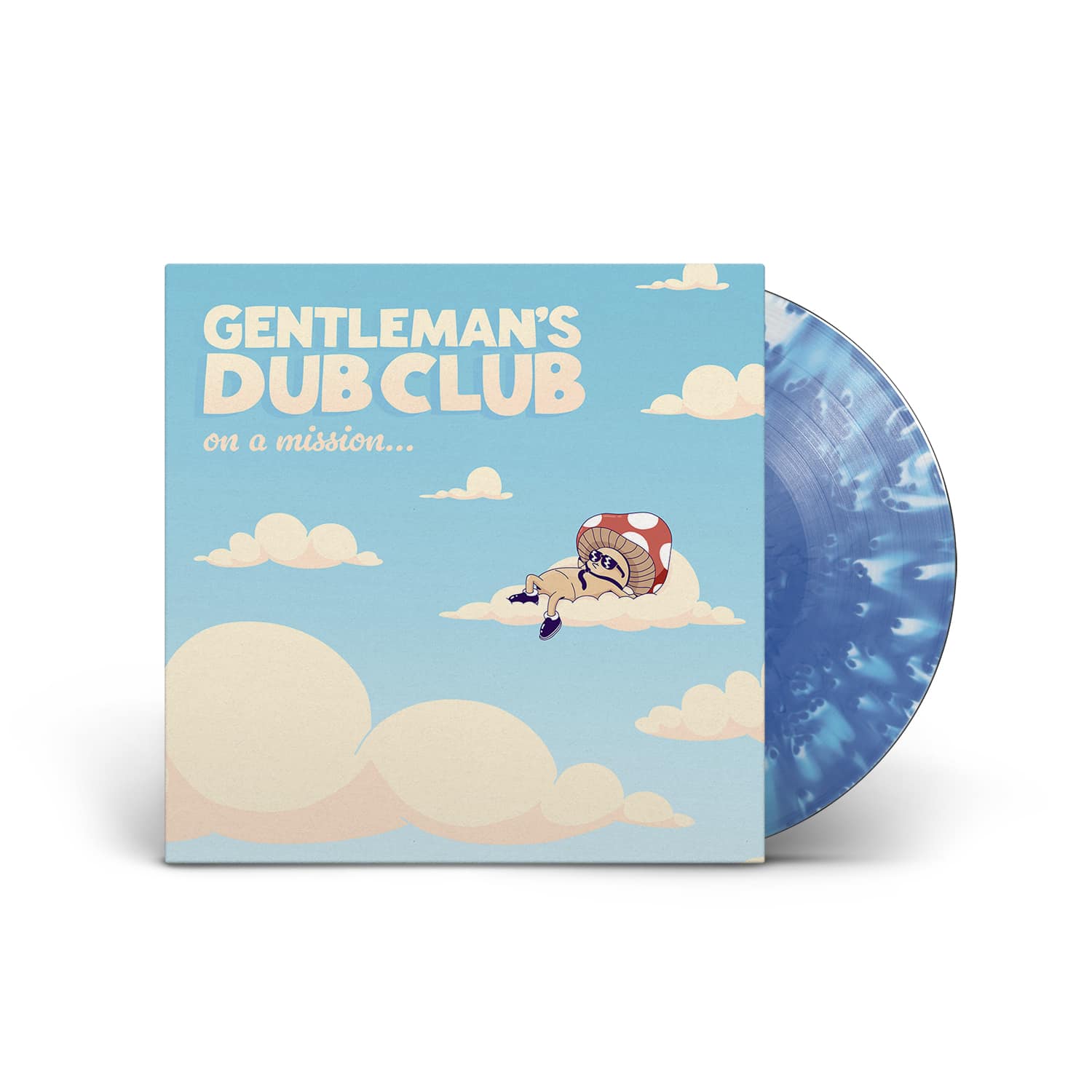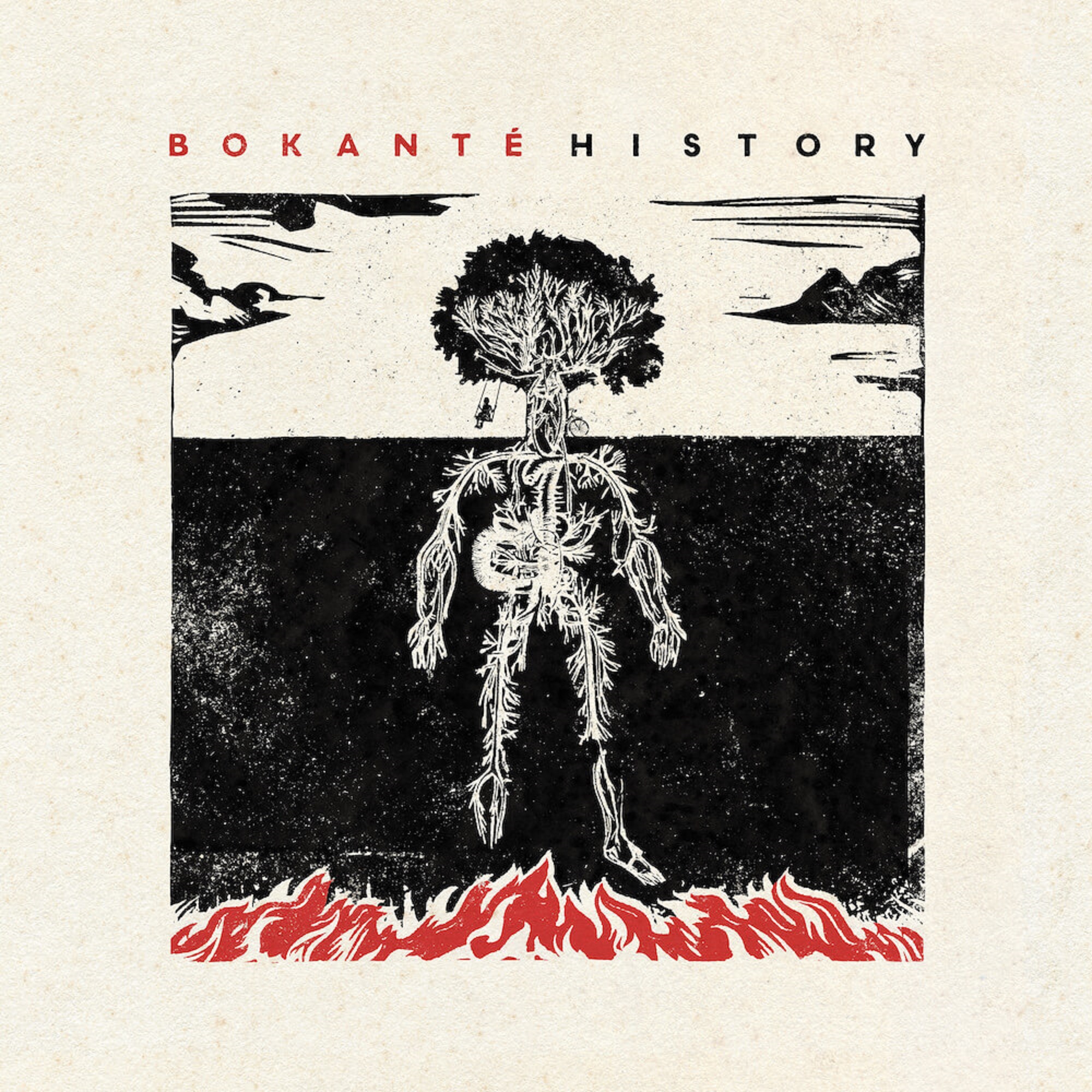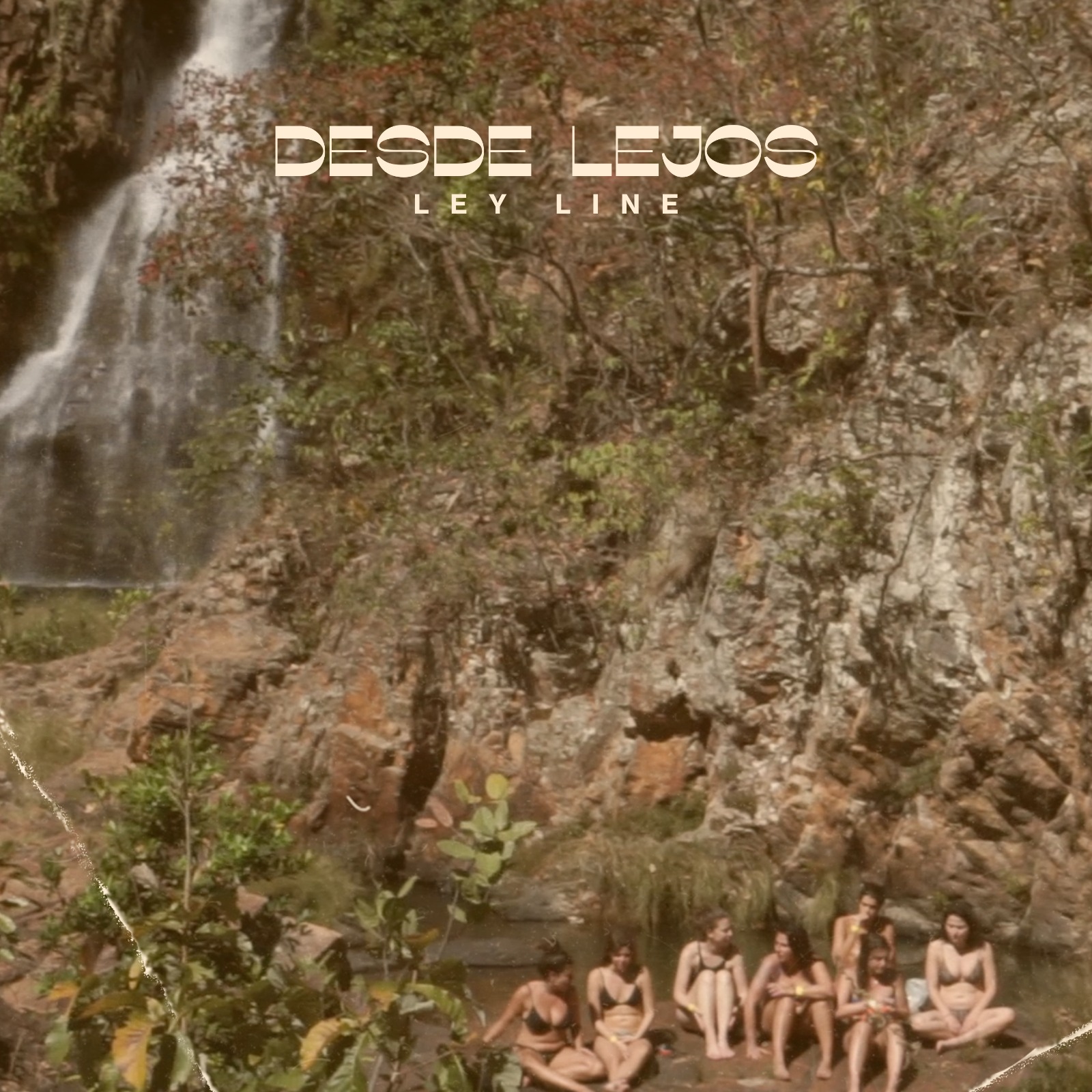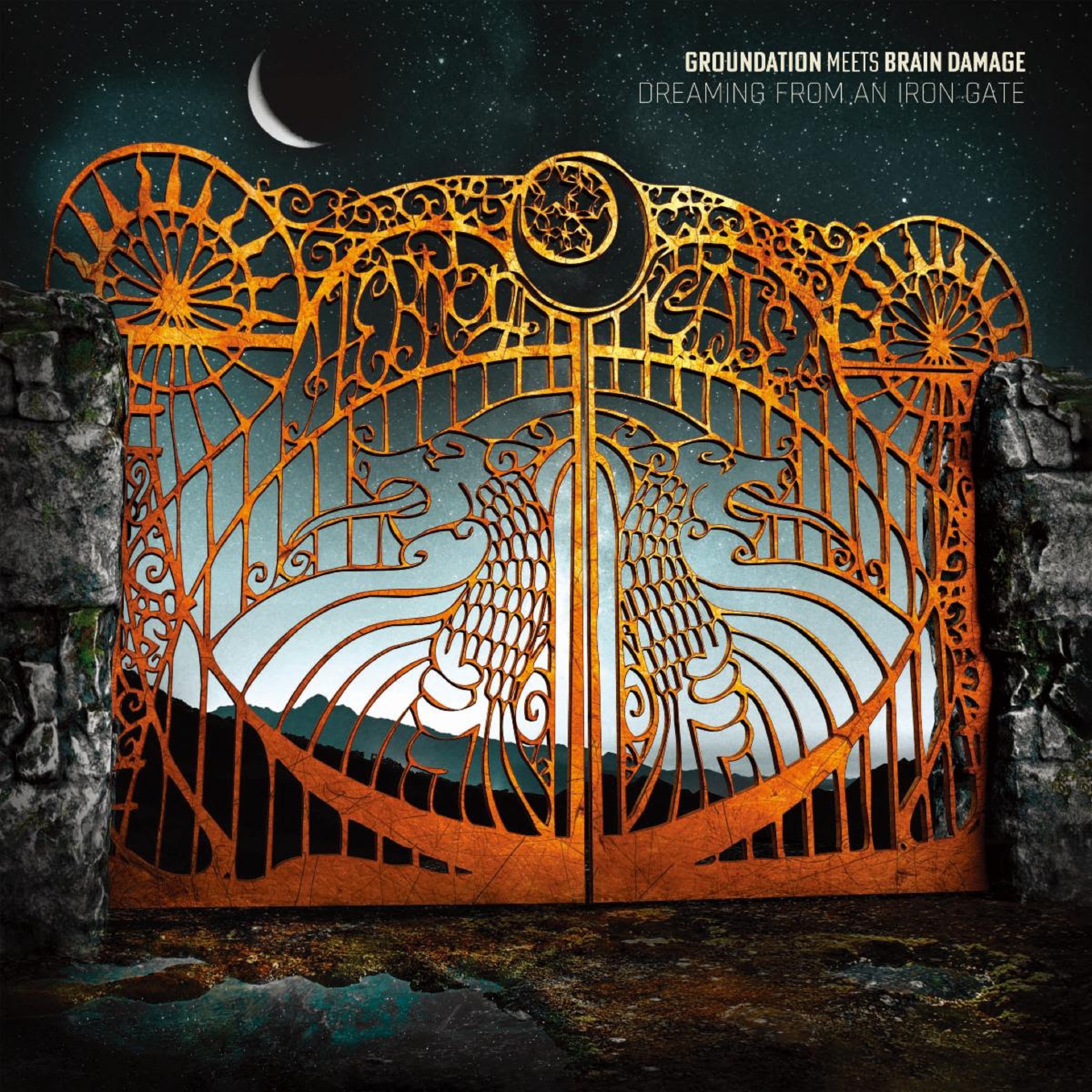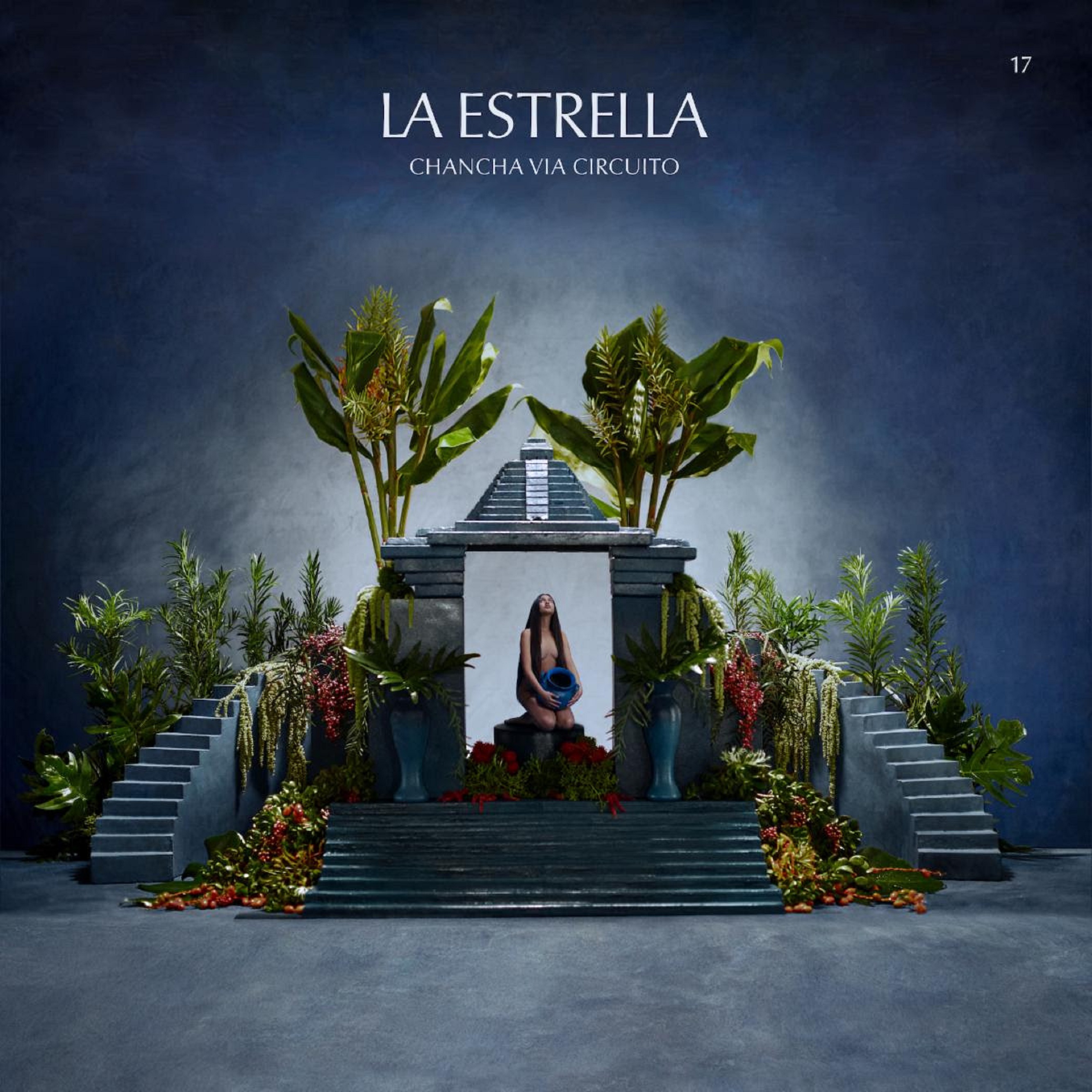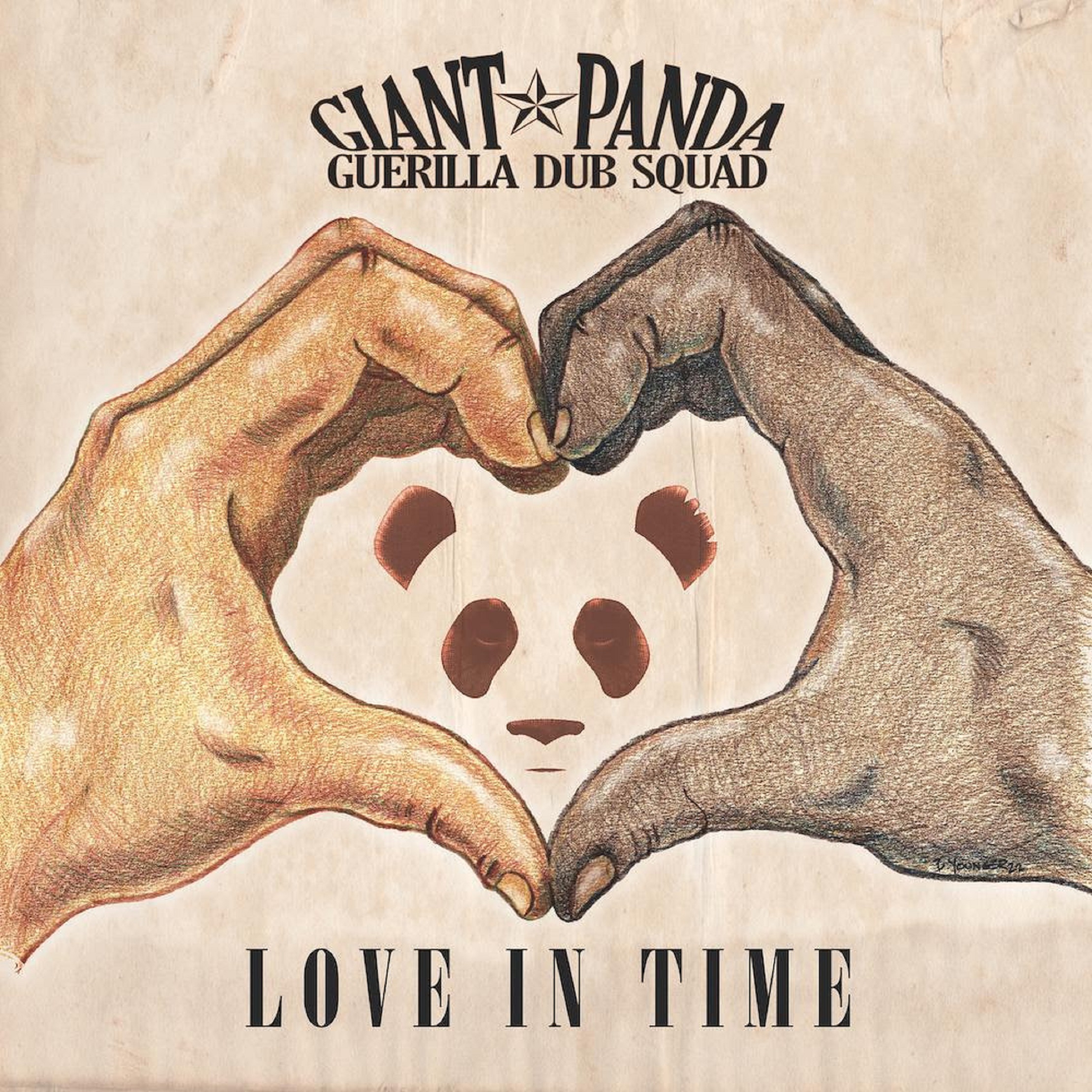The debut album by the Delia Derbyshire Appreciation Society is the culmination of a 30-year friendship between two electronic music veterans, Garry Hughes and Harvey Jones. Garry has worked with artists as diverse as Bjork, Sly & Robbie, Killing Joke, The Art Of Noise and the Orchestral Pink Floyd project, he is also the co-founder of the popular Six Degrees act, Bombay Dub Orchestra. Harvey has collaborated with Julian Cope, Carla Bley & Chris Boti among many others. This new collaborative project is sure to appeal to fans of classic 70s and 80s electronica – think Cluster, Tangerine Dream, Tomita, and Brian Eno – but it may also find a place in the hearts of Doctor Who fans everywhere. “At some point,” Garry Hughes explains, “we had a conversation about ‘What got you into electronic music?’ We both realized it was the Doctor Who theme.” That famous music, although written by Ron Grainer, was actually the work of Delia Derbyshire. (Grainer, on hearing her groundbreaking electronic realization of the theme, reportedly asked, “did I write that?” to which Derbyshire replied, “most of it.”) Hughes adds, “she was, until relatively recently, rather overlooked as a British electronic music pioneer.”
The name Delia Derbyshire Appreciation Society is meant to evoke a kind of Olde England. But the sound is more international. In fact, the album could pass for a primer, or a short history, of analog synthesizer music of the 1970s and 80s. “I wish we were smart enough to have such a cohesive manifesto,” Harvey Jones says, “but in truth this is the music that naturally came out of us.” At a time when electronic music is snapped to a grid of programmed beats, this album is quite different. Jones points out that there was a time when leading electronic musicians were creating “extremely emotional music, or perhaps romantic is a better word. I worry, just a little, that some contemporary synthesists are more interested in the gear than in writing music that might move people.” So the idea behind this project is not so much about recreating the sounds of that period as it is about reclaiming this emotional territory.
The Delia Derbyshire Appreciation Society stakes its claim to that territory right from the start, with the opening track “Blue Filter.” “When it started to take on a slightly retro flavor we didn’t fight it,” Hughes says. “We like those sounds! The only firm idea we had when we started was that there would be no beats or vocals and that we would use synthesizers and keyboards.” A Robert Fripp-style “guitar” part turns out to be a synthesizer; and the song grows steadily more rhythmic through the use of keyboard patterns – a technique used to good effect throughout the record. In “Half Light,” wisps of texture and melody float over a series of repeated arpeggiated chords. In “Cloudface,” the sound is more ambient, with lush chords on multiple keyboards sustained over a rhythm that’s implied but never explicitly stated.
“Cloudface” was an example of the intuitive way the record was made. “Garry was playing the Mellotron sequence,” Jones recalls, “I think only to make sure things were working, and I responded by recording it without him knowing.” Rather than emailing files to each other, both musicians felt it was important to make this music together, sitting at keyboards and playing for each other. (Although both Hughes and Jones are English, Hughes now lives in Wales and Jones in New York. The album was recorded in both places.) And while they’re not purists about it, they did skew heavily towards analog synthesizers, since they have between them an impressive collection of vintage keyboards and gear.
Those older electronic sounds fit the nature of this collaboration. Much recent electronic music is what it is from the start. But these tracks often reveal themselves slowly, over time. The best example might be the album’s centerpiece, “Sine Language,” which begins with the slow, spacey, drifting sounds of ambient music, creating a sense of suspended time, and then gathers momentum through the use of repeated keyboard patterns and tolling keyboard/bass notes. If the piece is ten minutes long, it’s only because it needed to be.
The Delia Derbyshire Appreciation Society is largely a northern-sounding affair – the echoes of English and German artists of the past still linger here. But the duo offers a hint of southern, sunny climes with the track “St. Tropez 1966,” which sports a wandering sequence of unexpected chord changes. By the end of this piece, the rhythm patterns have begun to pile up like a tropical Steve Reich. The album reverts to form, though, with the closing piece, the aptly-named “Scent of Rain.” This contains the only exception to the album’s all-keyboard rule. No, it’s not the choir – that is actually the sound of multiple layers of Mellotron. It’s the rain. “One day when Harvey was here in Wales,” Hughes explains, “there was a humdinger of a storm. Massive thunder and torrential rain. My studio is on the second floor of the house and right opposite a church yard. There are large beeches in the churchyard which were lashing around in the rain. We stuck a mic out of the window and recorded a bunch of the storm.” They wove those sounds into a cascading series of long sustained tones that, in this context at least, can’t help sounding like the slow, massive motion of a weather front.
The last couple of years have seen a surprising revival of interest in analog gear and in the sometimes ambient, sometimes motoric sounds of the electronic music of the analog age. Hughes and Jones have contributed to that revival with The Delia Derbyshire Appreciation Society by finding a way to use those sounds in a contemporary way. Perhaps the best analogy would be to the modern classical composers like New York’s Michael Gordon or Julia Wolfe, composers who have written thoroughly 21st century works for ensembles that play Baroque instruments. Electronic music may not have the same centuries-old tradition, but “we are definitely employing some historical techniques,” as Hughes puts it. The result is an extraordinarily creative album that manages the neat trick of using vintage electronic sounds to say something fresh and important in 2017.







